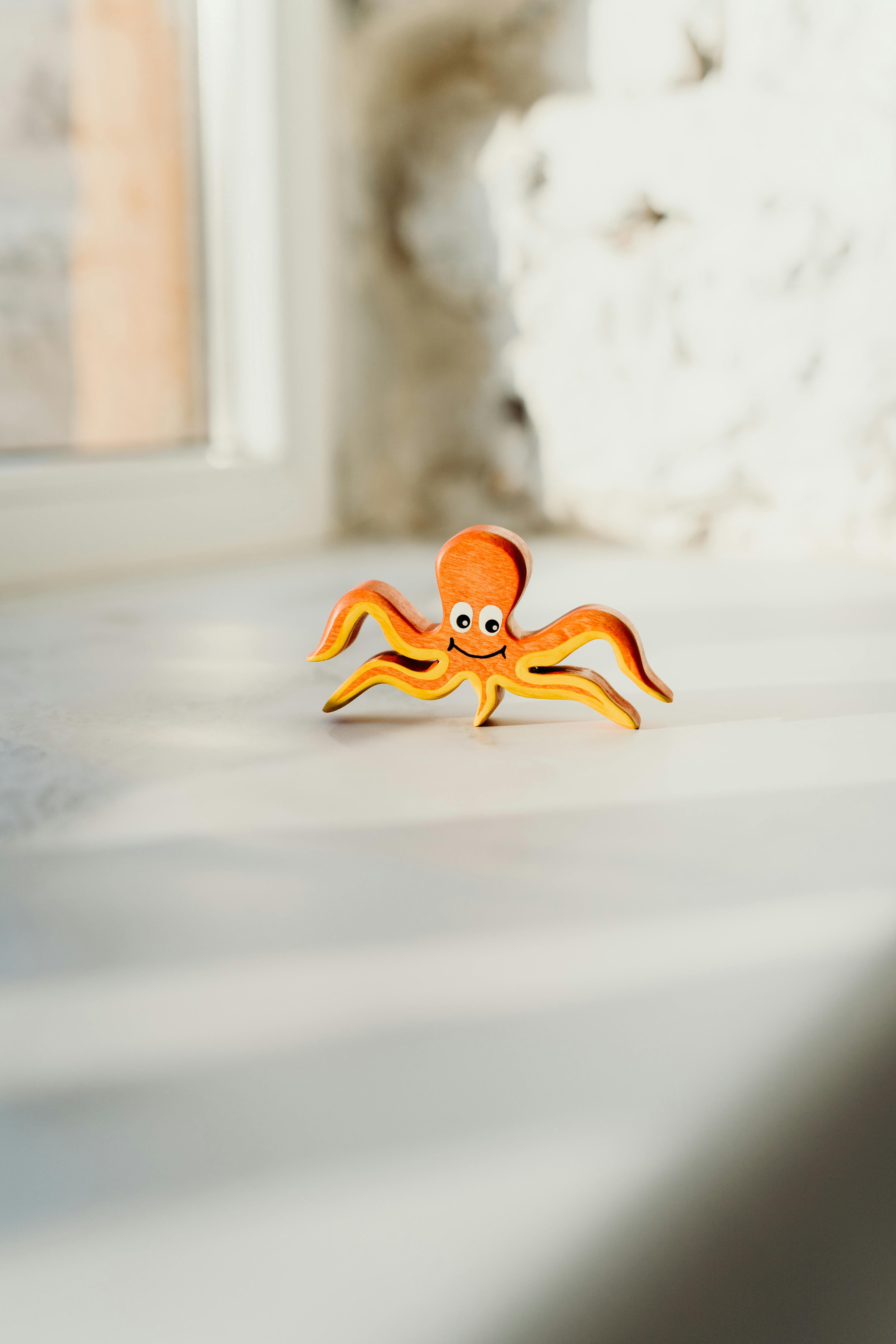Understanding the Amazing Intelligence of Octopuses
Have you ever looked into an octopus's eyes and wondered what it's thinking? For centuries, these enigmatic creatures have fascinated scientists with their remarkable problem-solving abilities and complex behaviors. This article delves into a captivating world of octopuses, exploring their intelligence, behaviors, and the implications these findings have on our understanding of animal cognition.

Unraveling the Secrets of Octopuses’ Intelligence
Historically, the notion of intelligence in octopuses is not a new idea. Aristotle, in his “History of Animals,” mentioned the cunning behaviors exhibited by these creatures. However, it was not until the late 20th century that serious studies began to understand the depth of their cognitive capabilities. Octopuses exhibit an array of complex behaviors, such as using tools, escaping from enclosures, and even recognizing individual human faces.
Current Research on Octopuses’ Brainpower
Current research continues to shed light on the amazing intelligence of octopuses. Recent studies reveal that octopuses have the ability to learn through observation, a trait previously thought to be exclusive to higher mammals. They can also alter their RNA, a form of genetic adaptation that is rare in the animal kingdom. These discoveries are reshaping our understanding of animal intelligence and cognitive evolution.
The Market for Octopuses in the Pet Trade
The beauty and intelligence of octopuses have led to an increased interest in them as exotic pets. However, their complex needs and short lifespans make them challenging to care for. A captive octopus can cost anywhere from $30 to $1,000, depending on the species. While they make for fascinating pets, their care requires a high level of commitment and understanding of their unique needs.
Implications of Octopuses’ Intelligence on Animal Rights
The growing understanding of octopuses’ intelligence has serious implications for their treatment in captivity and in the wild. There are growing calls for octopuses to be included in animal welfare legislation, given their obvious cognitive abilities. From a conservation perspective, ensuring the protection of these animals is crucial, given their role in ocean ecosystems.
Conclusion
Understanding the intelligence of octopuses not only deepens our appreciation for these fascinating creatures but also challenges our perception of animal cognition. The study of octopuses continues to reveal surprising and intriguing facets of their behavior and intelligence, reminding us of the breathtaking complexity of life beneath the sea. As we learn more about these remarkable creatures, we must also consider the ethical implications of our interactions with them.




